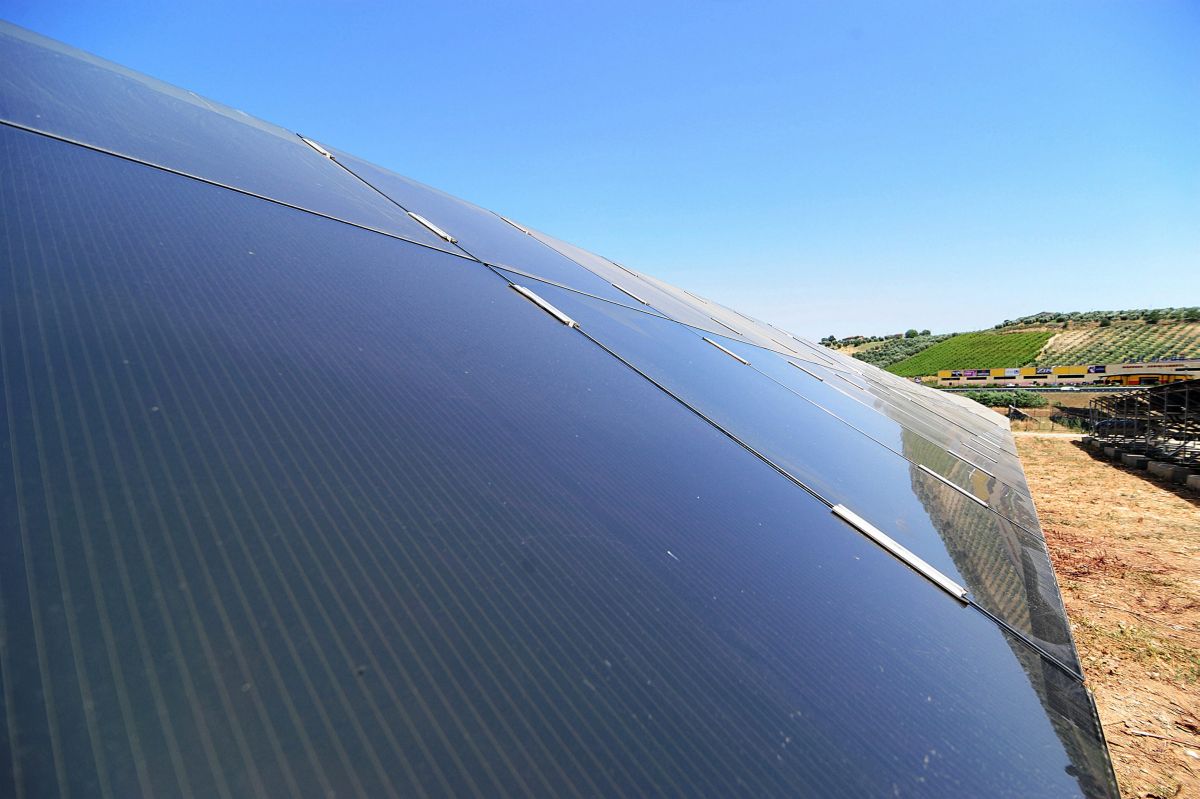ROME (ITALPRESS) – “There is a risk of destroying the regulatory system related to the end-of-life management of photovoltaic panels. The amendments presented for the Environment Decree-Law, currently being examined by the Senate Environment Committee, annihilate the financing system dedicated to this type of waste, developed precisely to ensure recovery and recycling operations, to protect the environment and public health and in line with European principles for the circular economy.” This is affirmed by Cobat RAEE and Consorzio Eco-PV, two of the largest operating consortia in the treatment of electrical and electronic waste recognized by the Ministry of the Environment and which manage important market shares in the recovery of photovoltaic modules.The regulations currently in force are the result of numerous updates born out of constant comparisons between the recycling supply chain and legislators, with the common goal of obtaining ever greater shares of energy from renewable sources, also in virtue of the energy crisis due to the Russian-Ukrainian conflict.”For us operators, who have lived through its evolution over the past six years, the current legislation is balanced and should not be changed at all”-explains Michele Zilla of Cobat RAEE-“The legislator has correctly considered the need to set aside money for the treatment of modules-whose life cycle, let us remember, is about 20 years- thus avoiding their uncontrolled abandonment on the territory when they will no longer be considered useful, as has already happened, for example, with asbestos.”There are about 84 million incentivized modules on our territory, against a public expenditure of 140 billion, granted with the five Energy Accounts (from 2005 to 2013), “and this means” – continues Damiano Zilio, president of Eco-PV – “that starting in 2025 the first panels will have to be disposed of, and we want to do it with the current system, which is the only one that can really work. Plant owners can pay the required fee as collateral into the consortia trust, which is unencumberable and segregates the sums useful for the treatment of exhausted modules, or, for those that are incentivized, opt to have part of the incentive withheld by the GSE. “The current legislation rests on the extended responsibility of the producer, who assumes the burden of proper end-of-life management of what is placed on the market. “Even this principle is being undermined by the amendments presented, disregarding, among other things, the European dictate: the amendments under consideration by the Senate propose that consortia take back WEEE free of charge, under penalty of heavy fines, essentially shifting onto us a burden that should instead be on producers,” Zilio concludes.The two consortia are therefore calling on Parliament to reject the amendments to the Environment Decree, defending legislation that “puts Italy at the forefront of environmental protection and safe from infringement proceedings by Europe.”-Photo Agenzia Fotogramma- (ITALPRESS).

